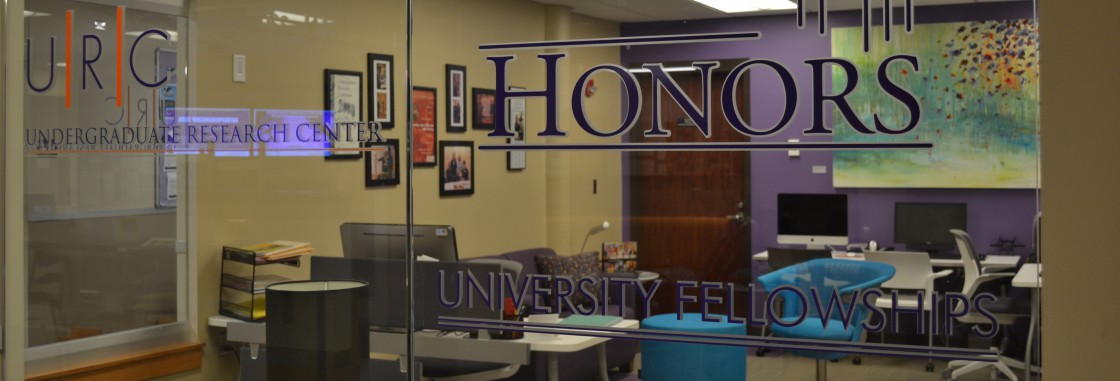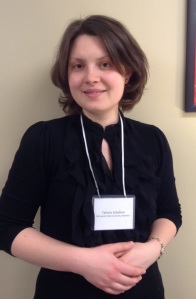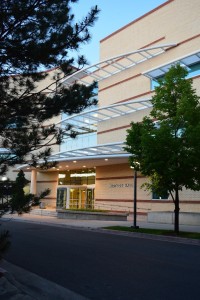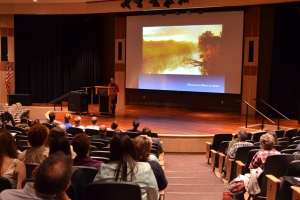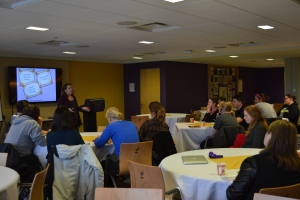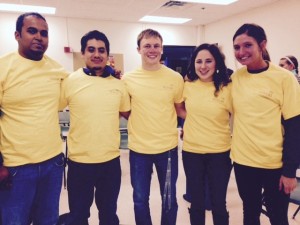by Melan Shifa

About Me
My name is Melan, and I am an international first-year student at Minnesota State University. I applied for the Honors Program before coming to the US, so I was part of the program since day 1. Currently, I am doing a double major in physics and computer science. I have always been interested in everything to do with science and technology so I decided to pursue physics since it’s extremely broad and added computer science to learn about technology and be able to merge my theoretical knowledge of physics with my technical skills of computer science to work on technologies that would solve major problems happening in our world. My goal is to start different startups that address the problems preventing us from having a sustainable world. I hope to work on startups revolving around clean energy, vertical farming, transportation, and the like. I am also into astronomy, which is one of the reasons why I chose physics. Learning about the immensity of the cosmos humbles me and gets me to a peaceful state of mind. One fact that I would like to share is that – experiments suggest all the stars, planets, black holes, every single matter big and small make just 5 percent of the universe, the rest is Dark Energy and Dark matter which we really don’t know much about, scary, isn’t it?
My experience as an International Student
The International Students Association was one of the organizations that made me feel right at home here at MNSU. Coming thousands of miles away from home was a difficult thing due to being away from family and friends and the culture you grew up in. Some instances might make you feel like an outsider. It gets hard to fit in but that is what I signed up for. For me, it did get difficult at first, even though this is not my first time moving. I was born and raised in Saudi Arabia, grew up in the culture and traditions. Then came 2017 when we moved to Ethiopia and everything around me was new. I had to adapt fast, starting from the way people spoke. I knew how to speak the Ethiopian national language Amharic, but the way I did was different, which I only noticed when moving there. About 3 years passed by and I was almost used to everything. Then you know what happens; I moved about 7700 miles to here, the United States. I was scared since this time I am away from my family and on my own. I was ready to be challenged, but luckily, I adapted and got on track fast. This surprised me. I hypothesize that my previous experience built me up to be able to adapt to new environments quicker.
I expected I would be alone here, knowing no one outside my friends. But the international student community at MNSU is massive, like surprisingly massive. I had the chance to meet different people from different parts of the world including my home countries Ethiopia and Saudi Arabia. I eventually came across the ISA, and at that point, I knew I did the right thing coming here. ISA welcomed us, new students, in a warm manner. They organized events that allowed me to learn about the different cultures around the world, including things about my own culture that I did not know. I saw that ISA was an ambassador to the international community at MNSU and even in Mankato. This made me eager to join them and be part of the mission. I wanted to contribute something to help grow the organization. They welcomed me with open arms to the board, working side by side with some of the most inspiring students on campus, I look forward to my journey with ISA.
My first project under ISA will be organizing a massive ISA talent show planned to take place this spring semester. It was fun brainstorming ideas, debating which one to go with, and coming to a common agreement. Working on the graphics for the project is what my main responsibility is, and it is the next level. Imagine working on publications that will be put everywhere across campus. I look forward to this event since it will be showcasing many cultures and talents. The dinner afterward will also be a great opportunity to connect with fellow students and learn from each other. I wish whoever signs up to perform good luck since the prizes this time are attractive. It is also a great way to showcase what talents you have as you never know where it might take you. Overall, this has been a glimpse of what the cultural part of my moving experience looked like. I look forward to my next couple of years here and learning new things.
Melan Shifa
Media Relations Coordinator
Honors Program Office
Connect With Me
Website: www.melanshifa.com
Email: melan.shifa@mnsu.edu
Instagram : @melanshifa
Photography page: @themobile.photographer
